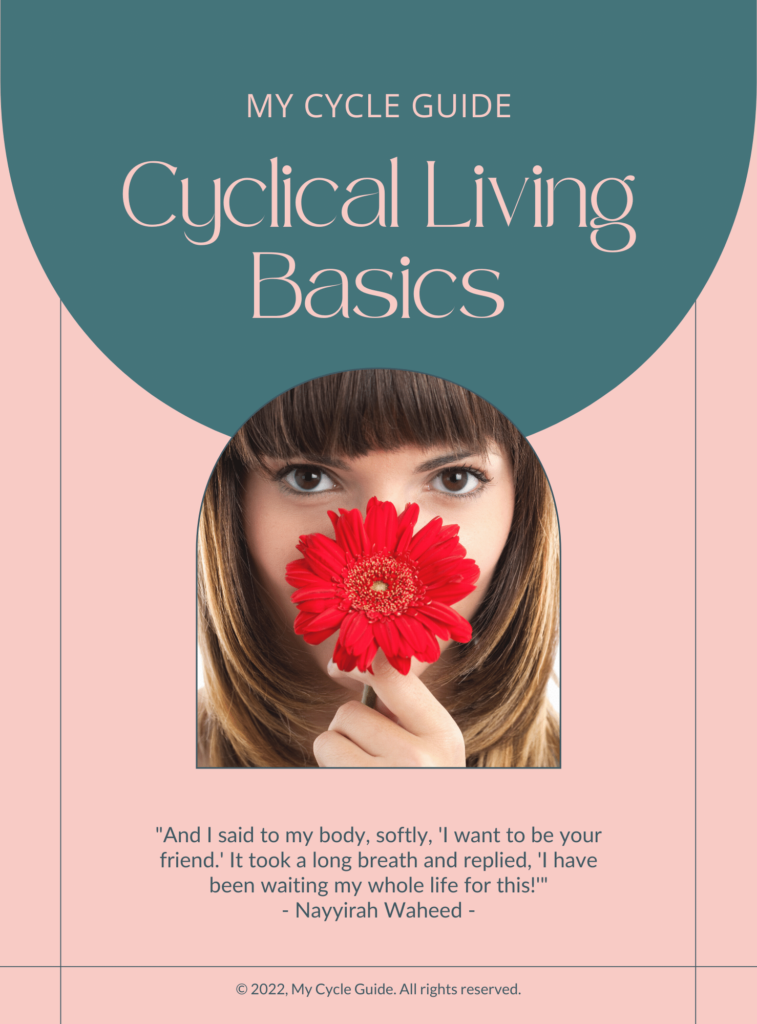What is Menstruation?
Menstruation, often referred to as a menstrual period, is a part of the menstrual cycle where the uterine lining sheds if pregnancy does not occur. This process results in bleeding from the uterus, which exits the body through the vagina.
When Does Menstruation Occur in the Menstrual Cycle?
Menstruation marks the beginning of the menstrual cycle. It usually lasts between 3 and 7 days. If an egg released during the ovulation stage does not get fertilized, the body sheds the thickened lining of the uterus along with the unfertilized egg, resulting in the menstrual period.
How Can I Track My Menstruation?
You can track your menstruation by noting the start and end dates of your period every month. Regular tracking can help you predict the start of your next period and understand your cycle patterns better. Use our free workbook A Guide to Tracking Your Menstrual Cycle to assist you.
Are There Any Hormones Involved in Menstruation?
During menstruation, the levels of estrogen and progesterone drop significantly, signalling the body to shed the uterine lining.
How Can Menstruation Impact Emotional and Mental Health?
Hormonal fluctuations during menstruation can influence neurotransmitters in the brain, potentially leading to mood swings, irritability, anxiety, or depression. This is often more noticeable in the days leading up to the period (premenstrual phase).
Common Questions About Menstruation
- What is the average duration of menstruation? Menstruation usually lasts between 3 and 7 days, although it can vary from person to person.
- Is it normal to feel discomfort or pain during menstruation? Some discomfort or cramping is normal during menstruation due to uterine contractions, but severe pain can be a sign of conditions like dysmenorrhea or endometriosis.
- When should I see a doctor about my menstruation? You should consult with a healthcare provider if you notice major changes in your cycle, have periods that last longer than seven days, experience heavy bleeding, or have severe pain during your period.
Explore More About Menstruation
For more detailed information about menstruation, how to track it, manage it and understand its impact on your overall health, refer to our Free Workbook – Guide to Tracking Your Menstrual Cycle and accompanying Cyclical Living Basics eBook.
